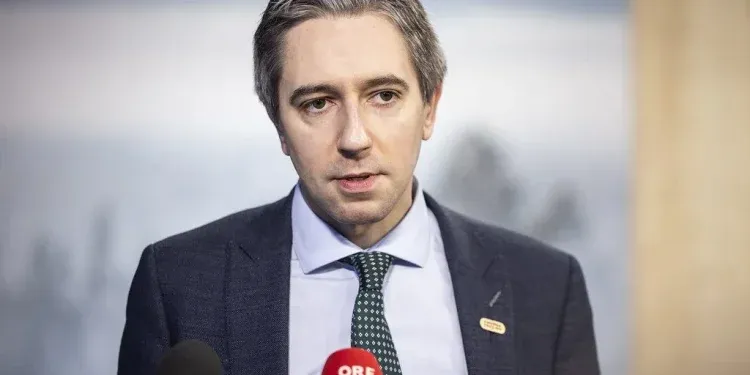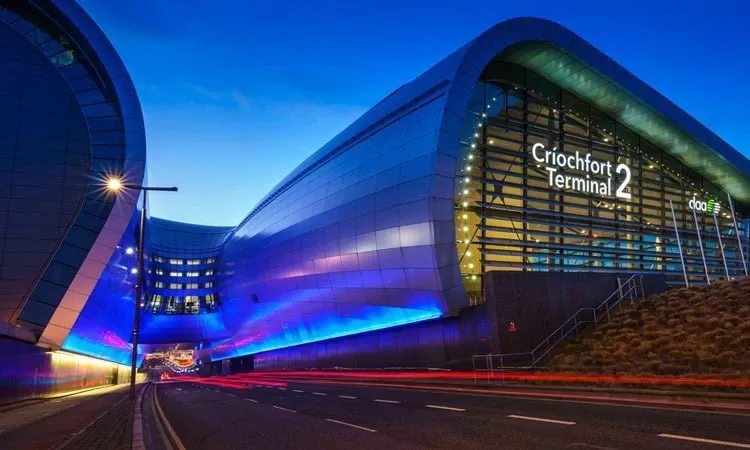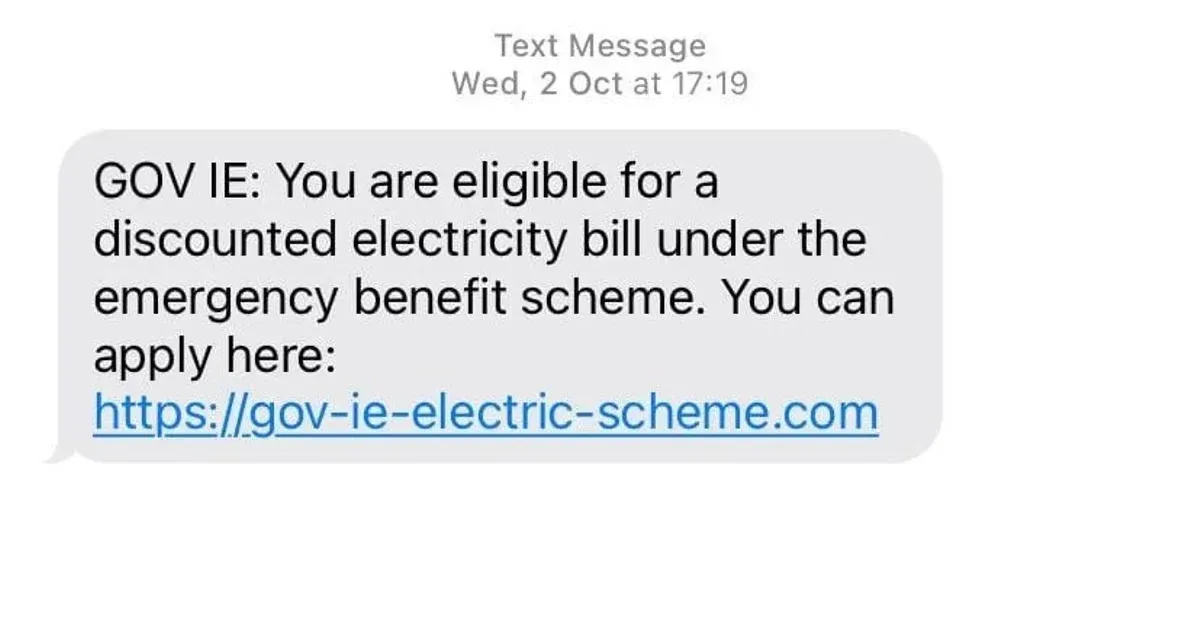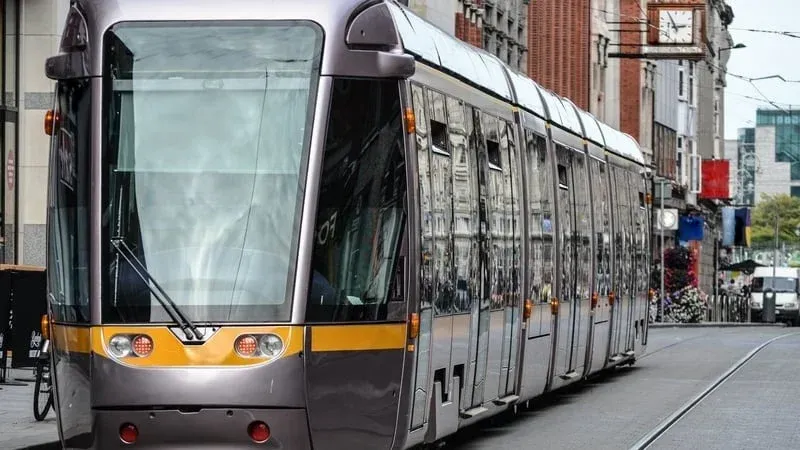DUBLIN – Ireland’s fiscal watchdog, the Irish Fiscal Advisory Council (IFAC), has issued a stark warning to the Government, accusing it of “budgeting like there’s no tomorrow” and failing to adequately save windfall corporation tax revenues.
Despite huge tax inflows from US multinationals, the council noted a worrying trend: the proportion of these volatile revenues being set aside is falling dramatically.
Savings Rate Plummeting
IFAC highlighted the unsustainable trajectory of the State’s finances:
- Falling Savings: The share of corporation tax being saved is projected to drop from 32% this year to just 15% in 2026.
- Smaller Surplus: IFAC chairman Seamus Coffey confirmed the Government plans to run a smaller surplus next year.
- Unsustainable Spending: The watchdog warned that spending is set to grow by over 11% in 2025, which it described as “much faster” than is sustainable.
- Underlying Deficit: When volatile corporation tax receipts are excluded, expenditure is rising faster than other tax revenue, leading to an underlying deficit of €7 billion this year, deteriorating to €14 billion next year.
The council noted that the taxes paid by a small number of large US multinationals are highly unreliable and are currently being used to sustain day-to-day spending.
Repeated Overspending and Lack of Planning
IFAC was highly critical of the Government’s track record on adhering to its own budgetary limits:
- Expenditure Exceeded: Spending forecasts have been “repeatedly revised up.” The expenditure in 2025 is now expected to be €12.5 billion more than the €96.6 billion set out in the 2024 Budget.
- Breaching Growth Limits: The previous government set limits on spending growth at 5.1% this year and 6.5% next year. However, actual spending is now expected to hit 8.6% and 7.7% respectively.
- No Long-Term Vision: There are currently no budgetary forecasts beyond 2026, and the Government has yet to submit a revised medium-term fiscal plan to the European Commission.
IFAC urged the Government to adopt a multi-annual budgeting approach to provide greater certainty for public services and improve planning.
Tánaiste Pledges Medium-Term Plan
Responding to the report, Tánaiste Simon Harris stated that producing a medium-term economic plan is his “number one immediate priority” as Minister for Finance.
Mr. Harris pledged to complete this work by the end of the year, emphasizing the need to move beyond “the temptation for short-termism” and anchor future spending and taxation plans within a medium-term framework.
Meanwhile, Taoiseach Micheál Martin acknowledged the high level of recent expenditure, attributing it to responses to the Covid and energy crises, population growth, and tariff issues. He defended the Government, stating it is putting “substantial funding aside,” and argued that the opposition wants the Government to spend “like there’s no tomorrow.”
The Taoiseach added that the bulk of future spending is focused on capital expenditure.







